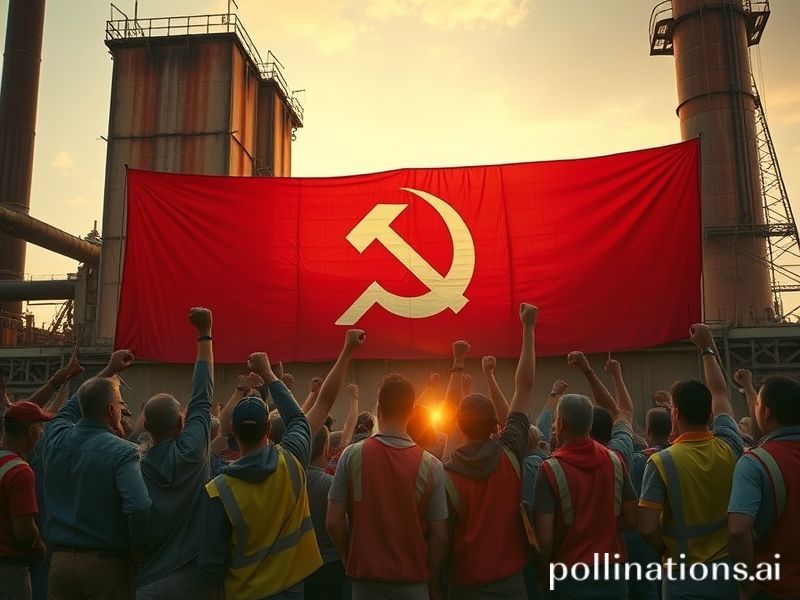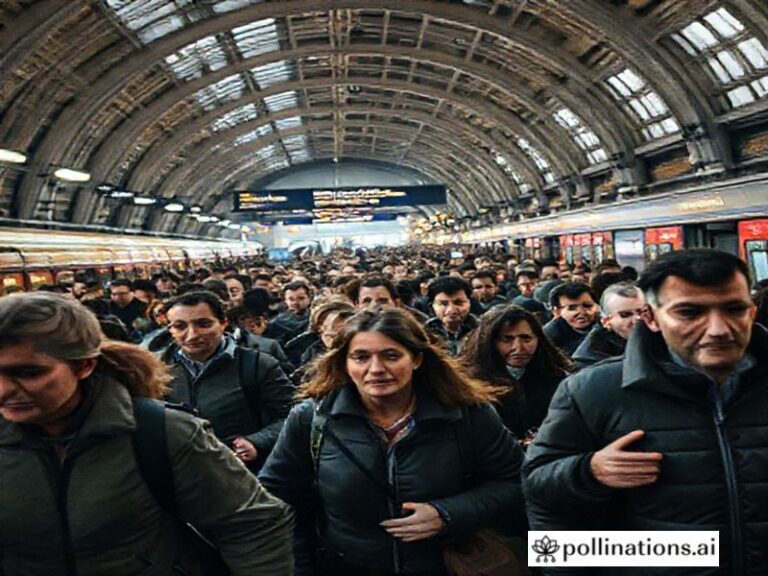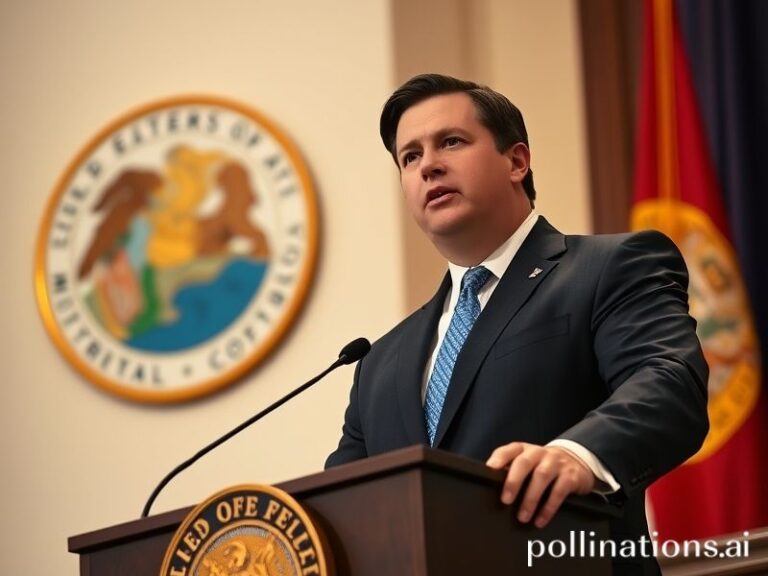Socialism’s World Tour: From Caracas to Copenhagen, the Ideology That Won’t Take a Hint
Socialism Has Entered Its Midlife Crisis—And Brought the Whole Planet Along for the Therapy Session
By the time the Parisian café Marxist finishes his overpriced espresso and the Shenzhen tech-bureaucrat closes her state-capitalist spreadsheet, the word “socialism” has already shape-shifted more times than a Swiss bank account. From Caracas’ empty shelves to Copenhagen’s bicycle superhighways, socialism is less an ideology now than a Rorschach test: everyone sees their own anxieties reflected back, usually clutching a subsidy receipt.
Start in Latin America, where socialism has been on a yo-yo diet since 1998. Venezuela’s Bolivarian revolution once promised utopia financed by crude oil; today it offers the world’s highest inflation rate and a diaspora large enough to field its own Olympic team. Meanwhile Chile, poster child of neoliberalism, just elected a 35-year-old former student protest leader who vows to bury Pinochet’s constitution under a pile of social spending. The lesson? Electorates treat socialism like ibuprofen: swallow when the pain of inequality becomes unbearable, switch brands when the headache returns.
Cross the Atlantic and Scandinavia has gentrified the term beyond recognition. Sweden’s “socialism” now funds battery gigafactories and parental leave so generous that dad spends six months learning lullabies while the stock exchange barely hiccups. The Nordics have proven you can indeed have your lingonberry cake and let private equity eat it too—provided you tax the frosting at 55%. Naturally, American cable hosts cherry-pick the pastry but recoil at the tax bill, like tourists who demand the aurora borealis on a budget package tour.
Then there’s China, where the Communist Party has pulled off the ultimate magic trick: convincing 1.4 billion people that surveillance capitalism with red flags is still socialism. Xi Jinping Thought now comes pre-installed on smartphones next to TikTok, a pairing Orwell would have filed under “too on the nose.” Beijing exports this model—cheap credit, party-controlled data, and a side order of debt diplomacy—across Africa and the Balkans. Call it Belt and Road with Chinese Characteristics, or simply the most successful rebranding since bottled water convinced us to pay for what falls from the sky.
Africa’s own dalliance is patchwork. Tanzania’s Julius Nyerere once tried “African socialism” and managed to unite the country in shared poverty; today Ethiopia’s conflict-torn Tigray region offers a grimmer syllabus on command economics. Yet South Africa’s ruling ANC still sings liberation songs while presiding over one of the planet’s most unequal societies—proof that rhetorical socialism can outlast electricity.
Back in Europe, post-Brexit Britain is flirting with nationalized railways again, a move so retro it might as well come with ration books and Vera Lynn on vinyl. Meanwhile, Germany’s Social Democrats—once the continent’s conscience—govern by subsidizing arms shipments and LNG terminals, because nothing says “solidarity” like financing both peace protests and the weapons that provoke them.
The United States, birthplace of anti-socialist panic, now hosts a sitting senator who honeymooned in the USSR and still gets elected in Vermont. Polls show Gen Z prefers “socialism” to “capitalism” by margins that give Davos attendees night sweats, though ask them to define either term and you’ll get a TikTok dance and a shrug. The irony: American socialism’s best marketing tool is the $1.7 trillion student-loan portfolio—debt so absurdly large it could fund Denmark for three years.
Globally, the pandemic handed every government a free trial of state intervention: furlough schemes, rent moratoriums, vaccine nationalism. Having sampled the narcotic of direct cash transfers, electorates now suffer withdrawal symptoms when programs expire. Even the IMF, once the fiscal Grim Reaper, now lectures about inequality as if it never prescribed austerity to a Greek grandmother.
So what is socialism today? A ghost haunting supply chains, a brand label slapped on everything from Cuban vaccines to Elon Musk’s subsidies. It’s the world’s longest-running inside joke, the punchline changing with every translation. And yet, like any decent horror franchise, it refuses to die because the underlying fear—of precarity, of obscene wealth next to destitution—keeps spawning sequels. Until that dread is addressed, socialism will keep shape-shifting, passport in hand, ready for its next cameo in humanity’s tragicomedy. Curtain falls. Subsidized bar opens to the left.







